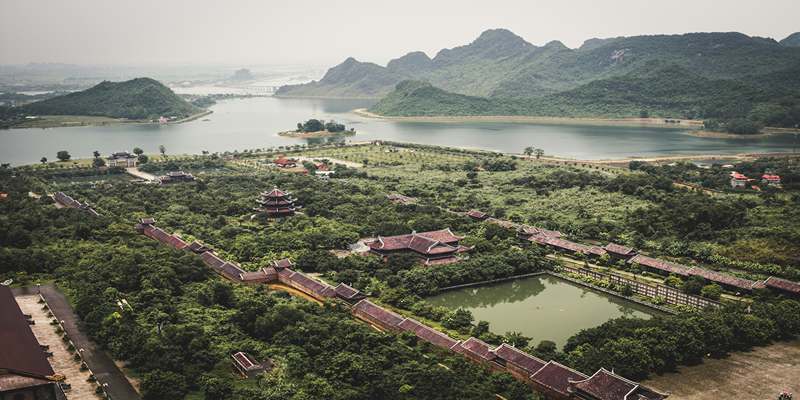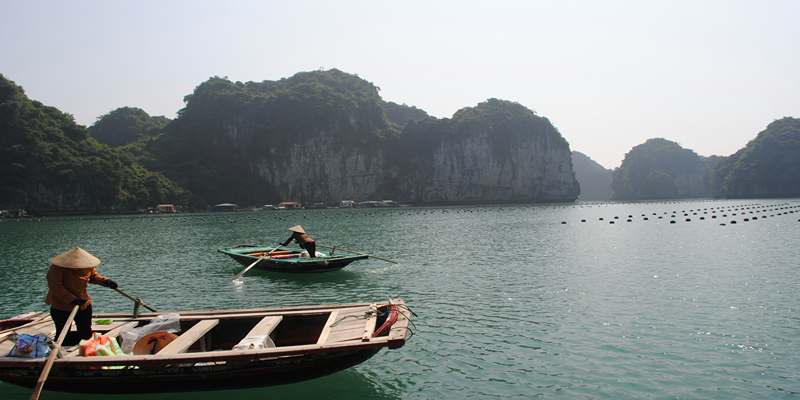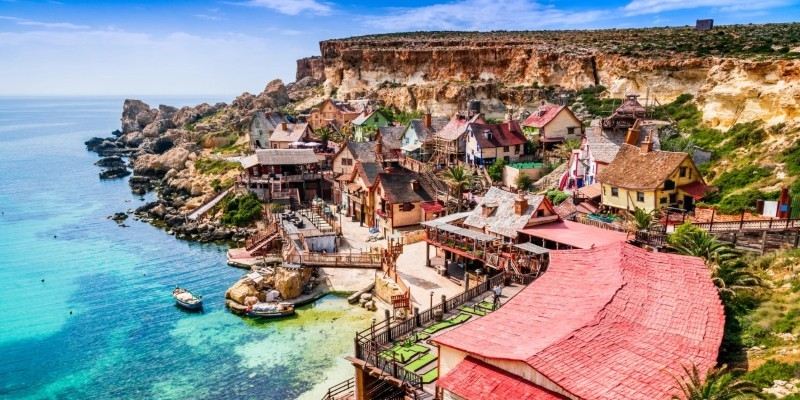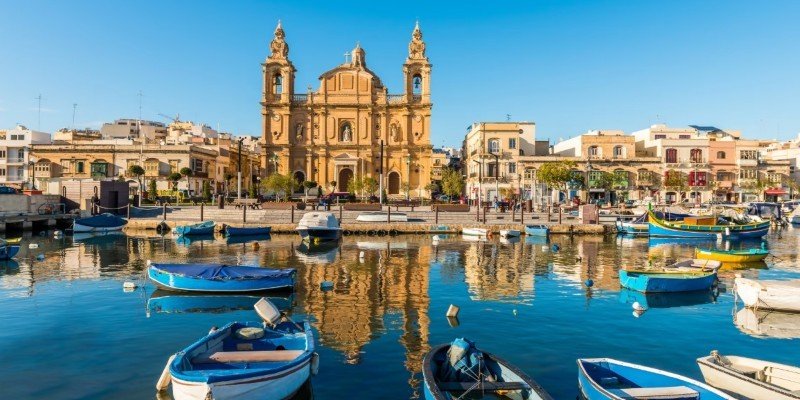Your Complete Expat Guide to Living in Vietnam
Vietnam is one of the most recent and the most rapidly developing countries in Southeast Asia, which has turned into the most appealing country for expats hunting down an all-around thrilling life encounter that is modestly priced. Being able to get the best of both worlds in terms of technological advancement, natural beauty, and the warm reception they receive from Vietnamese people, it is not surprising that many foreigners are now making Vietnam their permanent home. It also maintains a range of housing environments that include the urban and the rural residential areas. This guide will serve as a practical reference to help an expatriate plan their life in Vietnam to the smallest detail, as it will contain information about housing, health care, leisure, and work.

Why Expats Choose Vietnam for a New Life
Some of the reasons expats are flocking to Vietnam are that the cost of living is relatively low, there are many job opportunities, and the people of Vietnam are friendly. Its cost is considerably lower than that of developed countries such as the United States and much lower than that of any Western country, which means that even though the income level is considerably lower, the quality of life can be just as high. For accommodation, whether in Ho Chi Minh City or in other less crowded areas like Da Nang, there are a number of options in terms of house and flat rental.
Vietnam has developed a relatively sound economy and has had many opportunities within sectors like education, technology, tourism, and commerce. For those that are looking for employment overseas, the country provides both professional employment and freelance work that can be done online, making it an ideal place for remote workers wanting to work in a new country.
Moreover, the culture of Vietnam is also colorful, vibrant, and internationally diverse and interesting for people who want to have a life without being bored. With its culture, history, buildings, and food, there is always something new and interesting to be found. So, Vietnam is an amazing chance for those expats who are looking for an active and rather comfortable life.
Essential Expat Guide for Living in Vietnam
Finding Accommodation in Vietnam
Accommodation is among the initial things an expat will need to address when they relocate to Vietnam, for example, during a relocation endeavor. There are present-day flats and houses, and there are fashionable colonial houses in the urban cities. The prices range significantly according to the location, and usually the prices are high in areas preferred by expatriates. However, as it has been illustrated in the case of Ho Chi Minh City, an expatriate is capable of living in a backpacker’s mode.
They, however, noted that when one lives in even relatively remote villages, living expenses can be quite low. These areas are less crowded and more peaceful in terms of living standards, with less rush in everything they do. Renting in those areas is suitable for persons who like some level of seclusion but within close proximity to the necessary facilities.
Navigating Healthcare and Insurance
Modern hospitals are located in all the world’s largest cities, and their doctors can communicate in English and provide international healthcare. Regarding health insurance, the options are the same as with most other services—either local or international. Domestic insurance products tend to be cheaper than international insurance, but they may not be very comprehensive. One should engage a proper medical health insurance policy to accommodate the medical expenses, including emergency and private sector.

Vietnam Expat Tips for Daily Living
Adapting to Vietnamese Culture and Etiquette
So it’s important to embrace the local culture and manners that are followed in this country before even trying to establish any kind of business there.
Vietnamese culture is valued by respect, family, and tradition. They suggest that knowledge of local etiquette and protocols will reduce such situations, thereby improving relationships between the expatriate and the hosts. Another is there is a strong cultural value placed on the respect of elder people no matter the business or social gathering. Informality consists of informality of speech and tone, and everything is addressed formally: last name with “Mr.” or “Mrs.”
In social events, people are expected to dress modestly, and as such, expats should be careful. For instance, it is socially appropriate to remove one's shoes before entering someone’s house. Lastly, respect that is given and received during the meals is crucial since the focus is made on food products in Vietnam. However, such simple actions will play a big role in the integration of expats into the society of Vietnam.
Managing Finances and Banking in Vietnam
The banking system in Vietnam is well organized; most of the banks work with the English language. It is not very difficult for expatriates to open a bank account, but it may be necessary to present a valid visa as well as a utility bill. There are several local and international banks in Vietnam, and many of the banks offer online banking facilities that make financial management simple.
Expats should also note that there is a charge when withdrawing or transferring money via currency exchange rates. Credit and debit cards are also accepted in the larger cities most of the time, although it is good to carry cash, especially when you are in the rural areas; most places do not accept cards. ATMs are almost at any corner, and the mobile payment service in Vietnam, MoMo, is common and continuously gaining more users in the country, even among expatriates.
Conclusion
Living in Vietnam offers expats an exciting and affordable lifestyle in one of Southeast Asia’s most dynamic countries. With the right preparation, including securing accommodation, learning about local culture, and understanding the legal framework, expats can thrive in this vibrant and welcoming country. Embracing the Vietnamese way of life, learning the language, and building connections within the expat community will make settling into Vietnam even more rewarding. With its friendly people, beautiful landscapes, and thriving economy, Vietnam is an ideal destination for those seeking a fresh start abroad.












